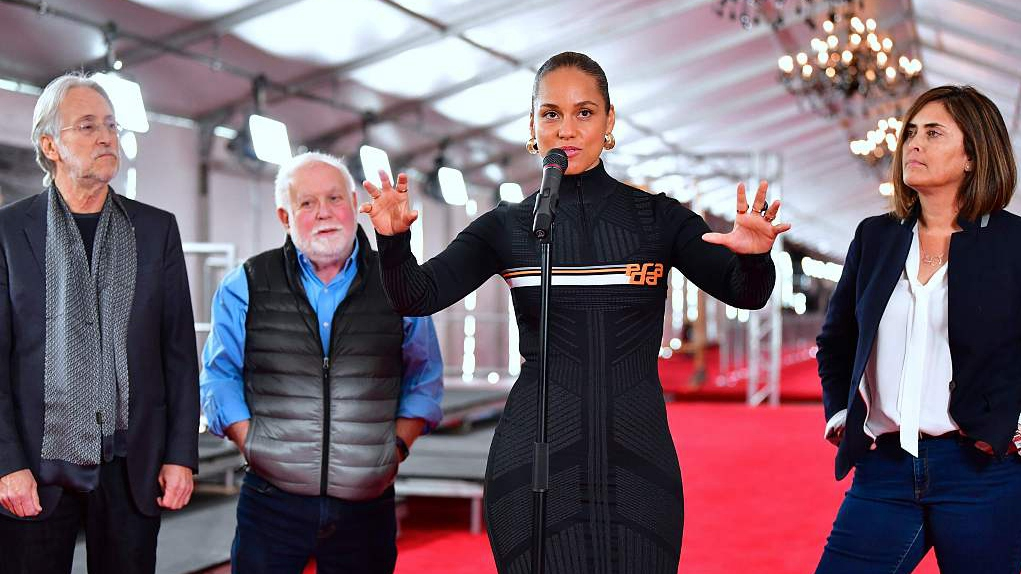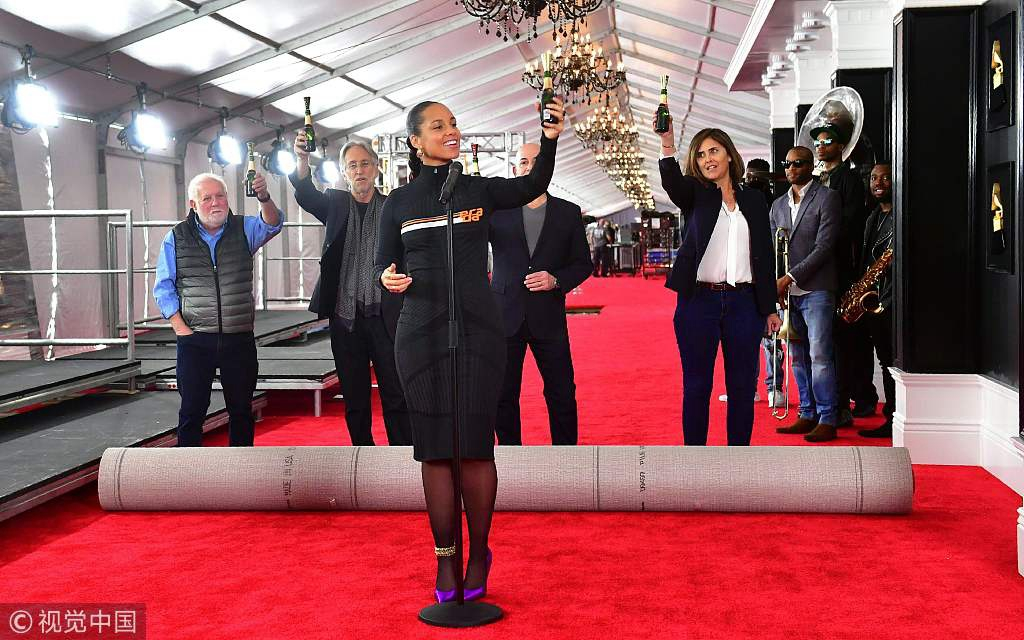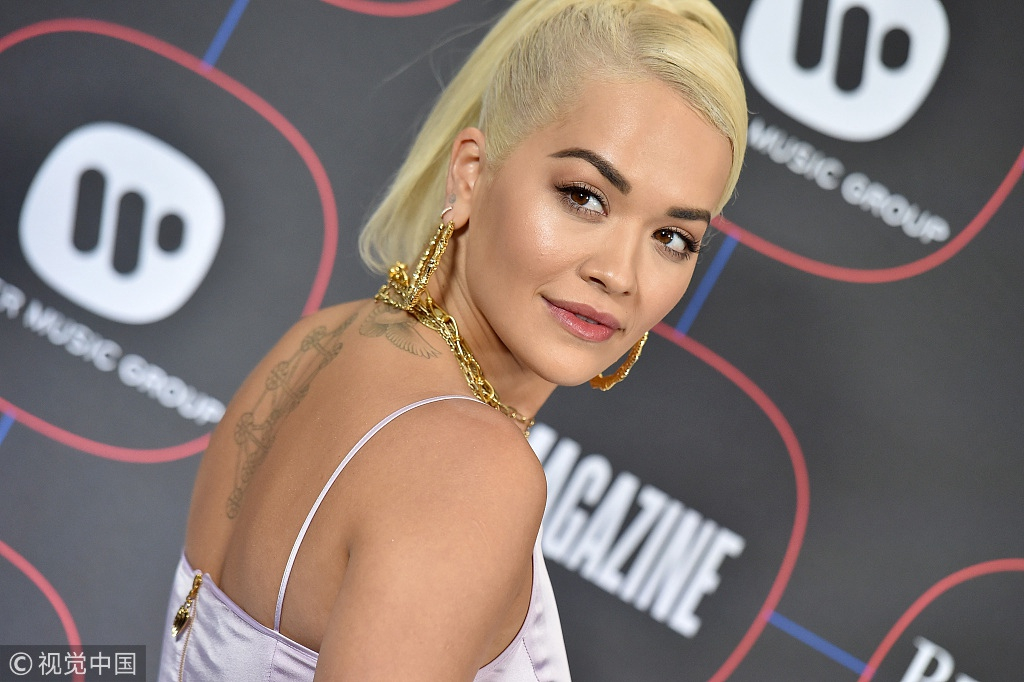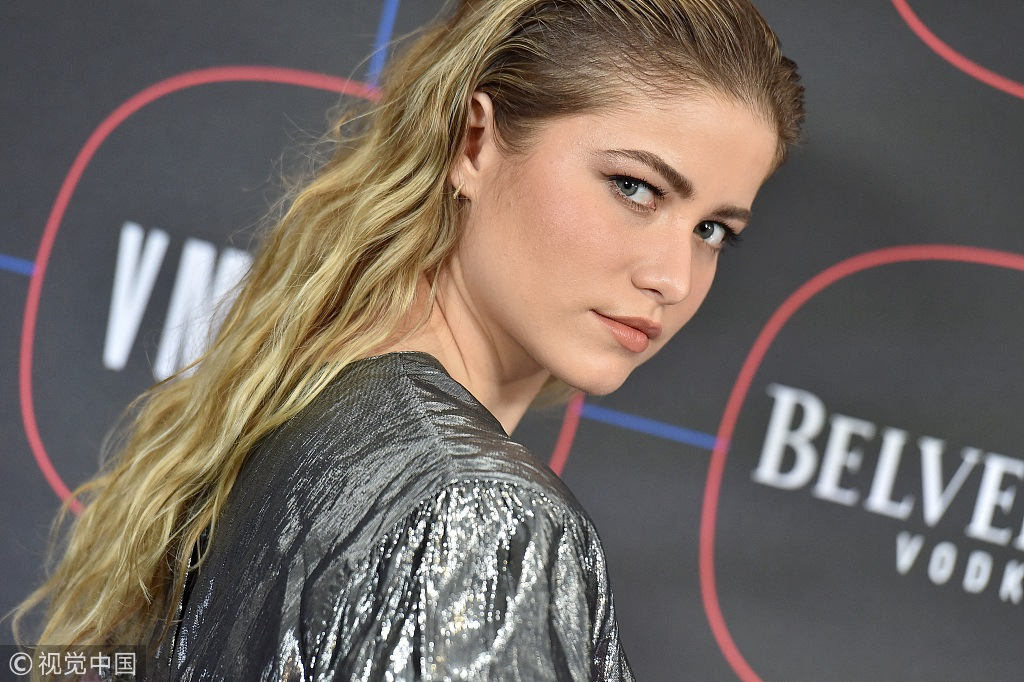
Music
22:40, 09-Feb-2019
This year's Grammy comes with better female representation
By May Lee
03:13

The 61st Grammy Awards are coming up on Sunday in Los Angeles and this year, better female representation is expected. This comes after last year's event was heavily criticized for lack of female representation. But it's not just the artists who are demanding inclusion. The biggest gender disparity in music is behind the scenes.
Sound and its nuances are what Jett Galindo thrives on. She is a music mastering engineer at The Bakery Studio in Los Angeles where she works on everything from digital tracks to cutting old school vinyl records.
Jett's road to becoming a sound engineer hasn't been easy, especially as a woman in a heavily male-dominated field. That's why she and fellow sound mixer and editor April Tucker are part of Sound Girls, a non-profit with a mission to inspire and empower the next generation of women in audio.

Fifteen-time Grammy winner Alicia Keys gestures in Los Angeles, California ahead of the Red Carpet rollout for the 61st Grammy Awards, February 7, 2019. /VCG Photo
Fifteen-time Grammy winner Alicia Keys gestures in Los Angeles, California ahead of the Red Carpet rollout for the 61st Grammy Awards, February 7, 2019. /VCG Photo
"Part of what Sound Girls is trying to do is just show that, hey there's other women out here doing what we're doing. We exist and we're doing the job well," said April Tucker.
"It's a matter of representation," said Jett Galindo. "Just seeing themselves on these websites, on the Academy Awards, on the Grammys, succeeding…it reminds them that it's doable."
Doable, but still not easy. A recent study by the University of Southern California's Inclusion Initiative found that women make up only three percent of all music engineers and producers just two percent.
The disappointing findings inspired the Recording Academy to launch an initiative on February 1, which asks to include at least two women on the slate of viable candidates during the hiring process for a producer or engineer.

Rita Ora arrives for Warner Music Group's Pre-Grammy celebration. /VCG Photo
Rita Ora arrives for Warner Music Group's Pre-Grammy celebration. /VCG Photo
The initiative is being led by the Recording Academy's Diversity and Inclusion Task Force, which was launched after last year's very male-dominated Grammy Awards.
Chair of the task force Tina Tchen does not doubt that the 400 plus artists, producers, studios and labels that have signed on so far will follow through on their commitment towards change.
"Here's the reason why they're going to follow through, it's good for business…it's good for business, having more women, more talent, more diversity in the mix is going to lead to better music, it's going to lead to better business, it's going to lead to better decisions being made so that's the reason why it's going to be sustained," said Tchen.
"It's not just a win for women in the music industry," said April Tucker. "It's a win for women in the sound industry."

Sofia Reyes arrives for Warner Music Group's Pre-Grammy celebration. /VCG Photo
Sofia Reyes arrives for Warner Music Group's Pre-Grammy celebration. /VCG Photo
Jett Galindo added: "It's heartwarming how there's a lot of men who are very encouraging and are also doing their part to change the discrepancy."
Since the launch of the diversity and inclusion task force last year, there have been improvements for women in music… at least when it comes to the Grammy awards, which are coming up on Sunday in Los Angeles. Last year, only 25 percent of the nominees in the big four categories… were women. But this year, nearly 63 percent are women.
For female producers and engineers who are behind the scenes, that's the kind of improvement that's truly music to their ears.

SITEMAP
Copyright © 2018 CGTN. Beijing ICP prepared NO.16065310-3
Copyright © 2018 CGTN. Beijing ICP prepared NO.16065310-3